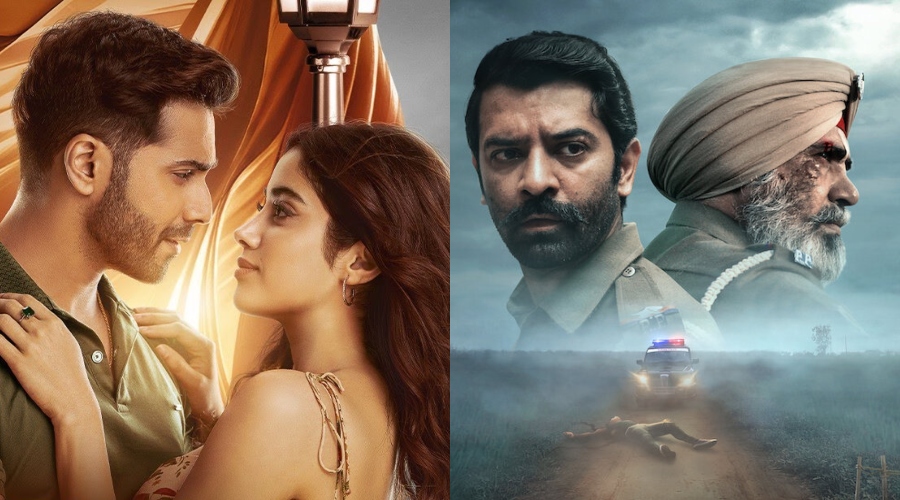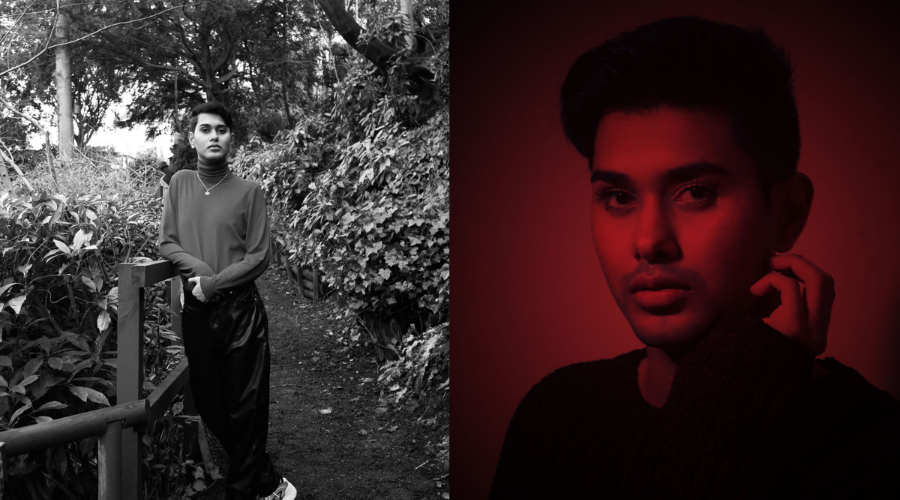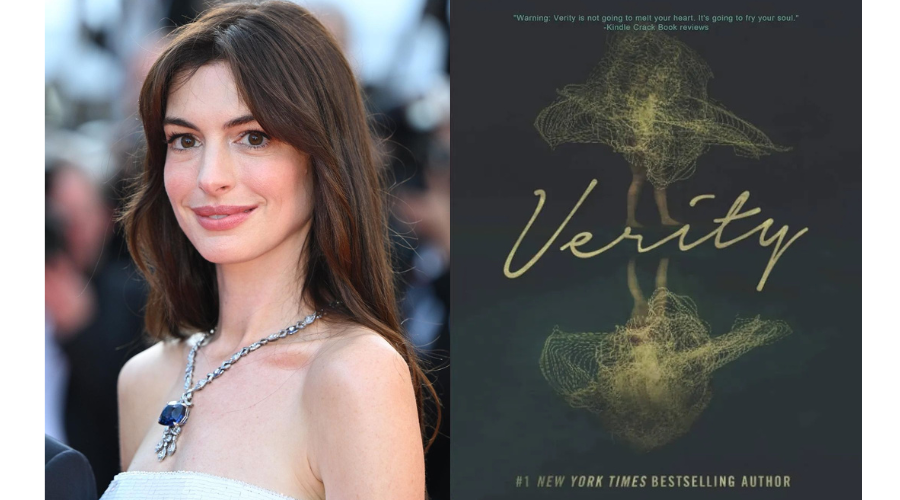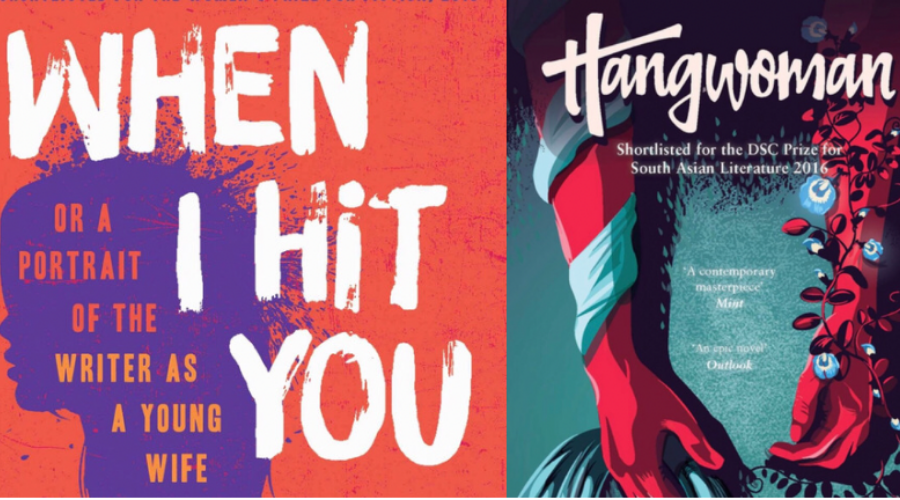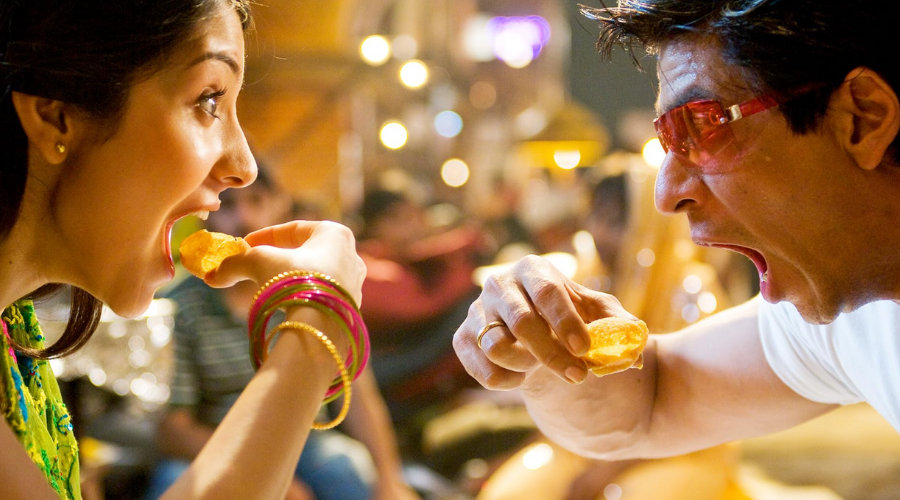Growing up in a predominantly patriarchal society, the notions of societal expectations have been internalized in so many of us that it can be difficult to question them, let alone tackle them. Even as we try to navigate the rough waters of oppression, we’ve still got a long way to go While things aren’t easy, reading experiences of other women (even if they’re fictional) in the same setting gives you reassurance, and inspires you. Taking into account the fact that the challenges that Indian feminists face are different from their Western counterparts, here are the best Indian feminism books that need to be on your radar this year.

Hangwoman, By K.R. Meera (Aarachar)
What it's about:Originally published in Malayalam, Hangwoman narrates the tale of 22-year-old Chetna who comes from a long line of executioners and is forced to take on the role of ‘hangwoman’ to continue the legacy of the male members of her family.
Why you need to read it:As she comes to terms with the idea of performing her first execution, the story narrates the challenges she faces as she comes into her own in a male-dominated society, while navigating her own path as the first female executioner in India.

Mapping Dalit Feminism: Towards An Intersectional Standpoint, By Anandita Pan
What it's about:Anandita Pan points out the fact that Dalit women are fighting both caste and gender biases, and how their experiences are often overlooked by the mainstream media. Her narration serves as an important read to understand feminism through an intersectional standpoint.
Why you need to read it:Intersectionality in Indian feminism is very different from intersectionality in Western feminism; and as a result, we need to acknowledge the role that caste plays when it comes to conversations surrounding feminism.
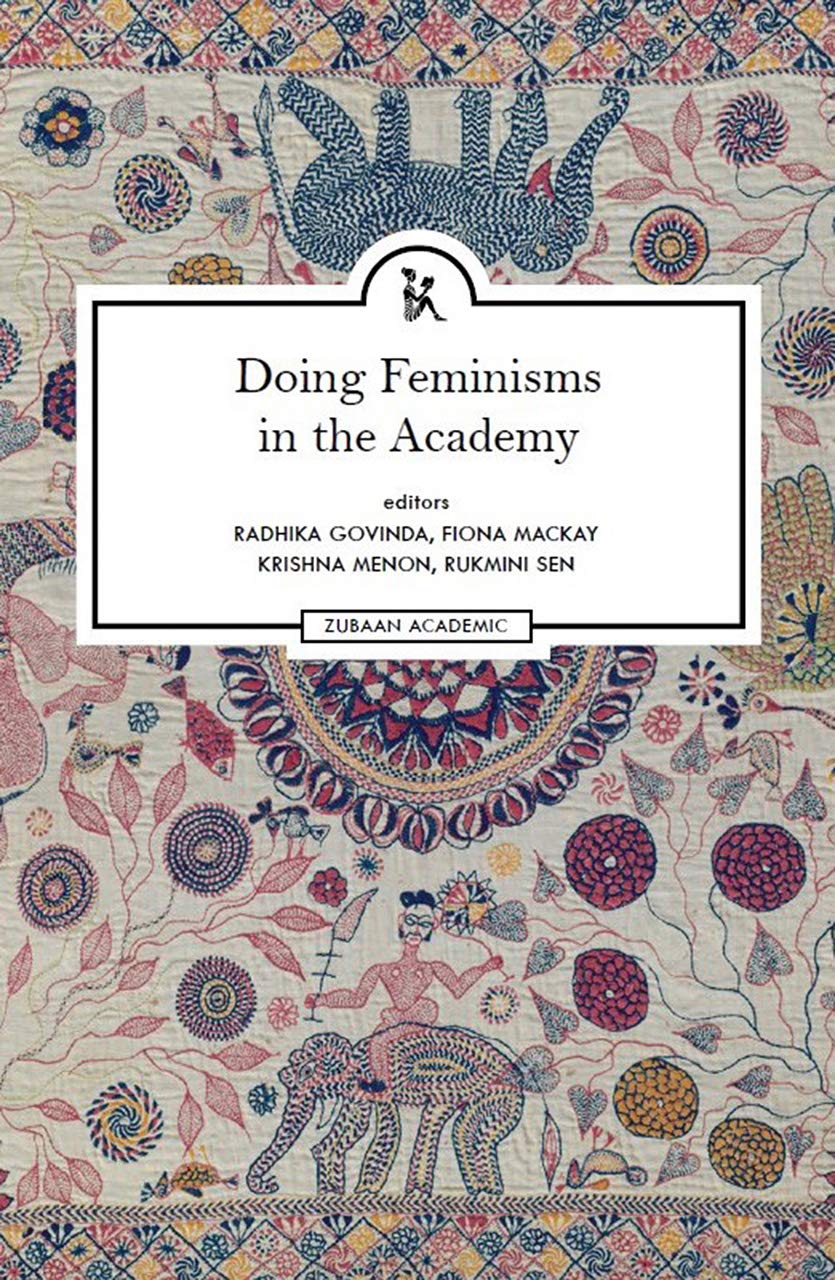
Doing Feminisms In The Academy, By Radhika Govinda, Fiona Mackay, Krishna Menon, and Rukmini Sen
What it's about:This book is an important intervention at this juncture in Indian society where feminism seems like a 'trendy' term to be associated with. It points out the glaringly dissonant fact that most people don't want to be associated with it, and view the movement as negative.
Why you need to read it:It looks into the ways and consequences of being a feminist in India, especially within the boundaries of institutional politics.

When I Hit You, By Meena Kandasamy
What it's about:An unnamed narrator falls in love with a university professor and pledges to be his wife, only to be faced with years of emotional and physical abuse. When she tries to opt for divorce, she's met with judgement and harsh societal shame.
Why you need to read it:The story is a sharp, pointed commentary at societal expectations, breaks down toxic masculinity, and is a meditation on love, marriage and violence. It also highlights the struggle most women go through when they are trapped in abusive marriages.

What it's about:It's often all too easy to turn a blind eye on someone's lived experiences. Through an amalgamation of ethnography, poetry, and photography, Ather Zia illuminates how the dynamics of gender and trauma have played a huge role in forming the female identity in Kashmir.
Why you need to read it:The book is a must-read for anyone who wishes to understand the struggles faced by feminists in regions of conflict and turmoil.

That Long Silence, By Shashi Deshpande
What it's about: Shashi Deshpande explores the rocky terrains of a failed marriage, as the protagonist, Jaya, begins to feel suffocated with her current life and muses over her failed dream of being a writer, while her husband smothers her talent.
Why you need to read it: The story beautifully portrays Jaya’s inner conflict and her quest for self-identity. With the narration, Shashi shines a light on attempts to free the female psyche from male control.

What it's about: The simplest (and perhaps most poetic) way to describe Shruti Swamy’s book is, a tale where dreams collide with reality, modernity collides with antiquity, myths with true identity, and women grapple with desire, ego, motherhood and mortality.
Why you need to read it: While bringing back the idea of nurture in relationships, the stories continuously question the traditional understanding of gender roles, family relations and cultures.

Swarnalata, By Tilottoma Misra
What it's about: Swarnalata is the story of three women from very different social backgrounds each caught in the whirlpool of change, each trying to chart out her own course in life, heroically and silently.
Why you need to read it: The story focuses on topics of women’s education and widow remarriage, which makes it a poignant blend of fiction and reality – and is considered to be one of the finest works of Indian feminist fiction for its portrayal of the binds on women in a conservative society.
Which books have made it to your shelves?
Images: Pexels, Instagram

